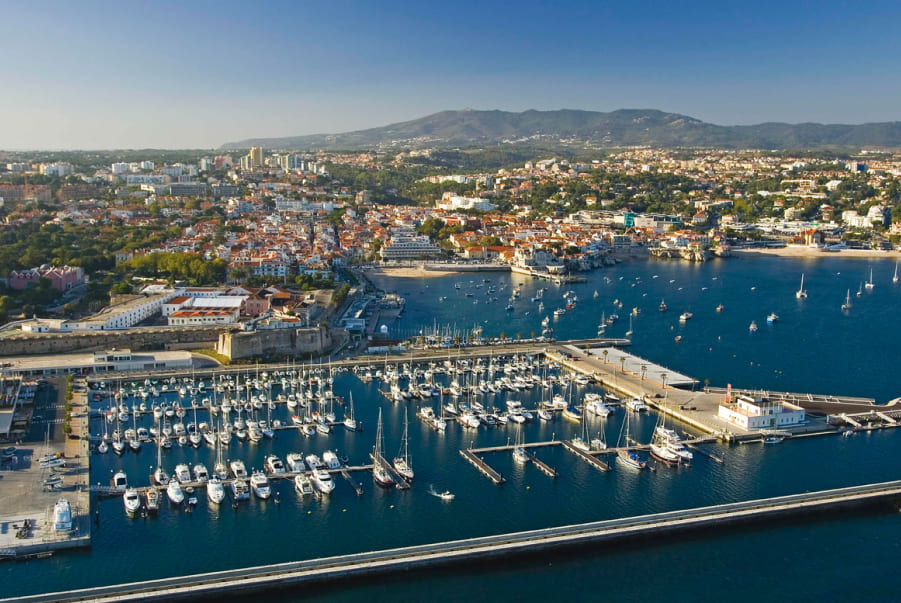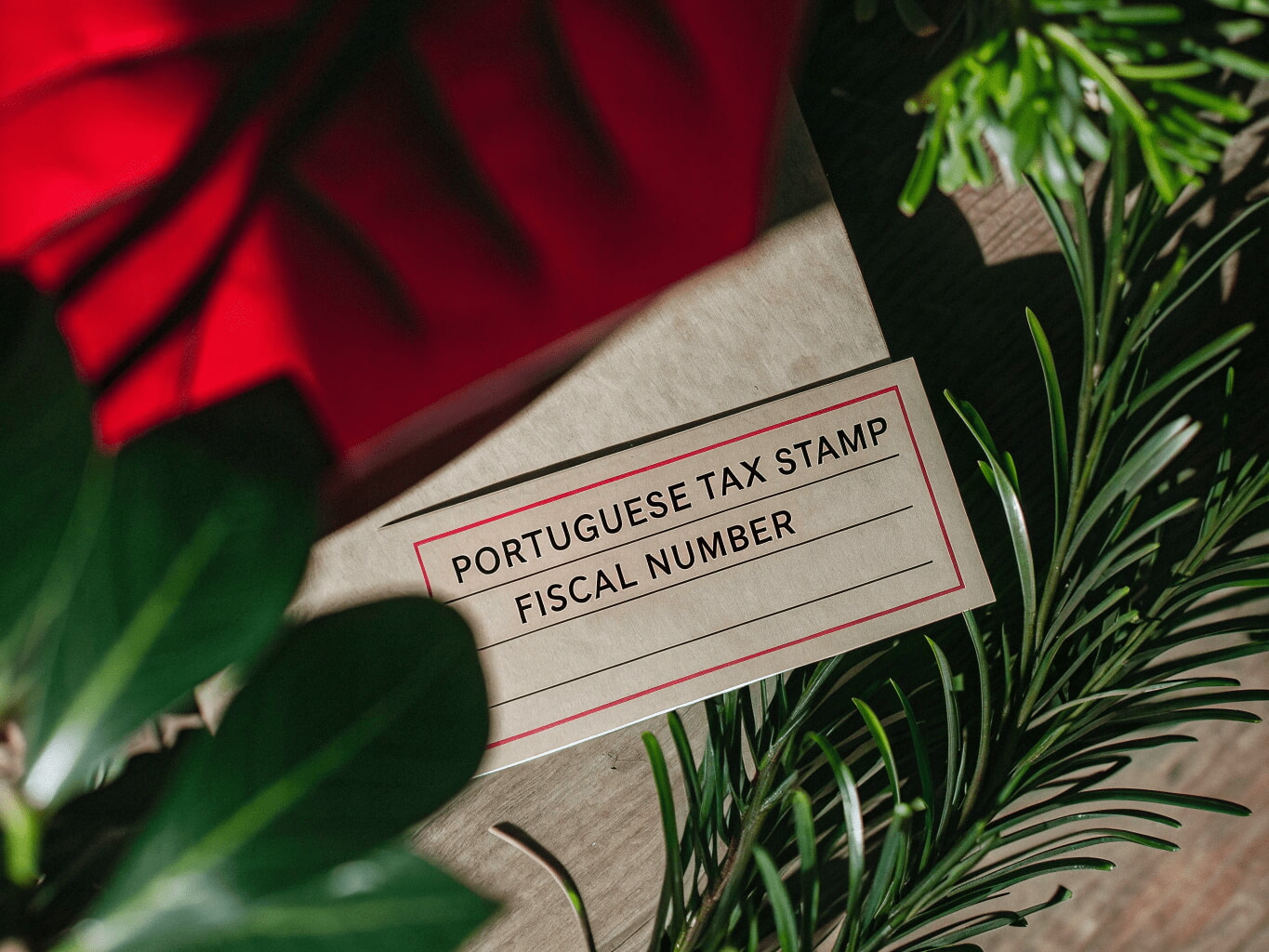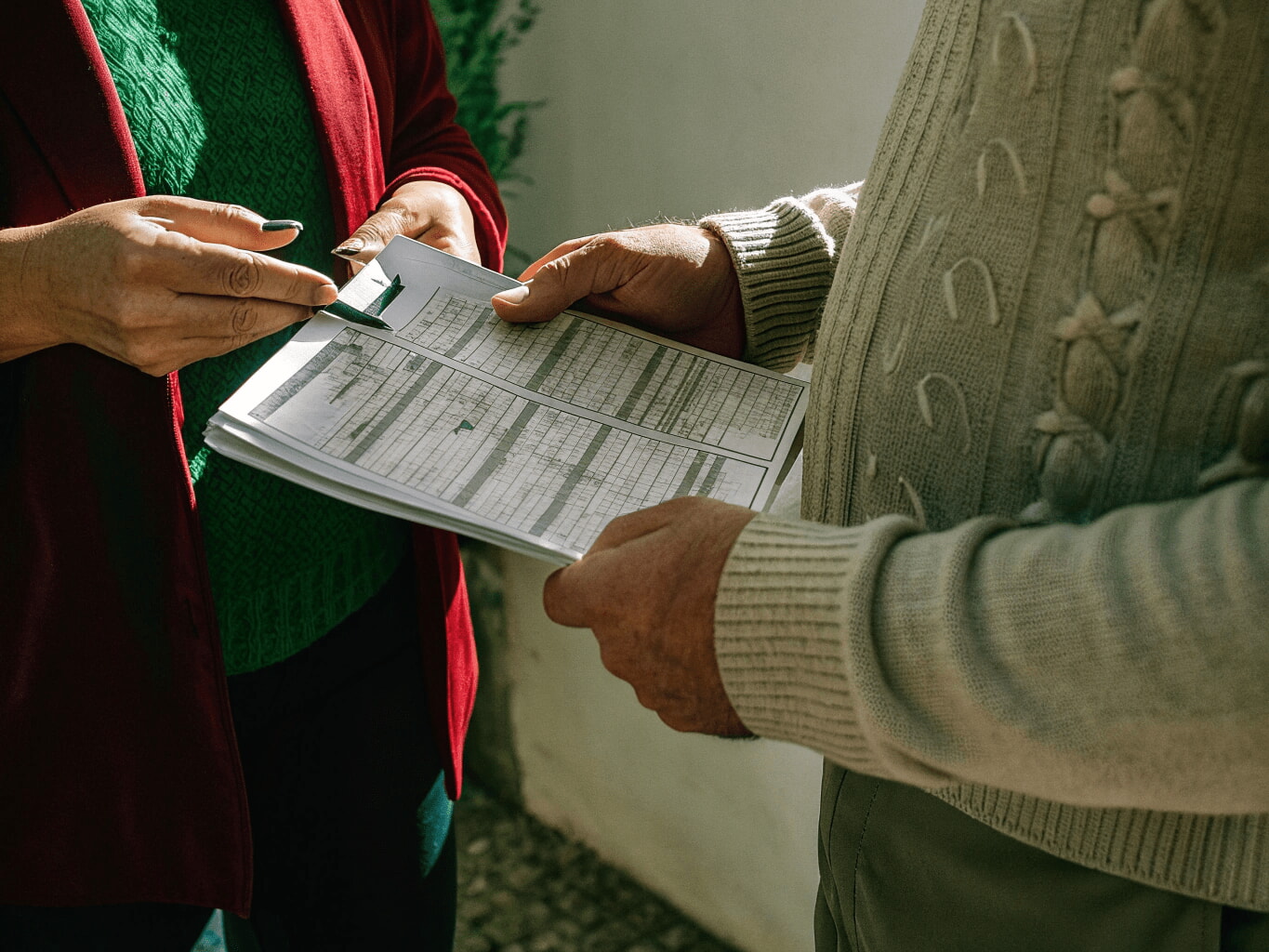Recibo verde in Portugal
We will help you to start individual entrepreneurship in Portugal.
We will help you to start individual entrepreneurship in Portugal.

Want to become self-employed in Portugal but don't know where to start? Don't worry, in this guide you'll find everything you need to know about entrepreneurship in Portugal, from understanding the legal framework to finding clients and managing your finances.

Portugal has become a popular destination for freelancers and entrepreneurs from all over the world due to its fantastic combination of pleasant climate, high quality of life, growing professional services market, and active expat community. Who wouldn't want to enjoy beautiful beaches, rich history, and delicious cuisine while working? Let's understand how to register a sole proprietorship in Portugal.
In Portugal, self-employment is classified as “Trabalhador Independente”. This status means that you work as a self-employed in Portugal or as a freelancer, providing services on your own. Or in addition to being employed by a company. Self-employed individuals must give their clients receipts (recibo verde) to prove that they have been paid for providing a service.
The Recibo Verde (green receipt) is a document that demonstrates the development of entrepreneurship in Portugal. Its origins date back to the early 20th century, when Europe moved from an agrarian economy to a more industrialized and service-oriented one. It is a document that captures important data such as the names of the issuer and receiver of the receipt, the service rendered, the amount paid, and applicable taxes. It is now a digital document that is issued in a personal account on the finanças portal. However, before global digitalization, it was a paper receipt on green paper. The green paper made it easy to distinguish this document from many others.

Until recently, one of the main advantages of opening a sole proprietorship in Portugal was the possibility of obtaining a residence permit based on business activity and the special NHR tax regime.
Now, the benefits of registering a sole proprietorship in Portugal are the opportunity to live in a beautiful country, do what you love, set your own individual work schedule, choose projects that interest you and potentially earn more than a traditional job. In addition, you can collaborate with companies and professionals from anywhere in the world.
To legally work as a self-employed in Portugal, you must register with the Portuguese tax authorities (Autoridade Tributária e Aduaneira, or AT). You can register on your own or with the help of a representative. Only those who have a Portuguese address listed with the tax office can register on their own. If the tax office lists a residence address in another country, you need a guarantor to open any activity.
After registering a sole proprietorship in Portugal, you will be able to open an account in a Portuguese bank, start invoicing clients, and officially manage your business.
The following documents are required to register as a sole proprietorship in Portugal:

Sometimes self-employment in Portugal requires additional documents. Depending on the type of services you offer, you may need special licenses or permits. These can be professional certificates or permits for specific types of business activities. Obtaining these documents is necessary to operate legally and avoid problems.
A local bank account is necessary not only to manage your finances efficiently but also simply because without a Portuguese IBAN it is currently impossible to open a self-employed business in Portugal. A local bank account will allow a self-employed person in Portugal to accept payments from clients and track income and expenses. For non-residents from Ukraine and CIS countries, it's much easier to open an account in a Portuguese bank as a self-employer than an individual bank account. Many banks in Portugal offer special accounts for freelancers and small business owners.
Taxpayer Identification Number (NIF)
NIF is a unique number assigned to every taxpayer in Portugal. It is required for all tax-related activities, including filing a tax return and opening a bank account. You can obtain an NIF at the tax office or through a legal representative, even if you are outside the country. How to get a Portuguese NIF, read in our article
Contributions to the social security fund
As a self-employed person, you are required to make social security contributions. These contributions go towards funding public services such as health care and pensions. The rate is usually around 21.4% of your earnings, but there are various schemes and exemptions, especially for new businesses.
VAT and income tax
Depending on the amount of income, self-employed persons must charge VAT (value-added tax) on their services (currently 23%). You also need to file an income tax return every year. The tax rate depends on the amount of your income. Keeping detailed records and working with an accountant will help you comply with the law and optimize your tax obligations.
Some services can be challenging to handle on your own. Trust our team of professionals to guide you through every step.
Many people will have heard of the Portuguese amanhã (tomorrow), but meeting deadlines in Portugal is very important. This applies to dates for tax returns, social security payments, and residence permit renewals. Missing these deadlines can lead to fines or complications with your legal status.
Depending on the size of your business, the type of services you provide the languages you speak your clients could be your fellow countrymen living in Portugal, locals, and expats. You can look for clients in Facebook groups, for example. Sites like Upwork, Fiverr, and Freelancer are great for finding clients all over the world.
Attending events, joining professional groups, and attending industry conferences can help you make connections in Portugal.
The records of income and expenses are very important for taxation and financial management. Self-employed individuals in Portugal must issue receipts (recibo verde) to their clients to prove the income for a service. These receipts are issued in the personal account on the finanças portal.
Since a self-employed person in Portugal is liable for all his property, all his expenses are taken into account to reduce the tax base. Therefore, it is also important to track and record all expenses and take advantage of tax deductions.
Of course, it is possible to manage your finances on your own, but it is not a bad idea to use the professional services of an accountant familiar with Portuguese tax laws. An accountant can help you save time and prevent costly mistakes, give advice on tax optimization, ensure compliance with the law, and solve complex financial problems.

Move to Cascais guarantees a personalized approach and comprehensive support. With our services, you can concentrate on developing your business, while we take care of the bureaucratic complexities.
We can help you:
Expertise and experience
We have specialized in helping non-residents register as a sole proprietorship in Portugal since 2020, offering customized solutions to meet your unique needs.
Personalized approach
Move to Cascais guarantees a personalized approach. We take into account your specific circumstances and offer the best solution, accompanying you every step of the way.
Knowledge of Portuguese law and mentality
Our team has a thorough understanding of Portuguese laws, regulations, and business practices.
Comprehensive assistance
Move to Cascais provides comprehensive support from planning your move to opening a business and bank account in Portugal. We are making the whole process simple and straightforward.
Formally, a visa or residence permit is not required. However, if you are a non-EU citizen and want to live and work in Portugal, you need to obtain a D visa and a residence permit.
No, a tourist visa does not allow you to work in Portugal. You need a special visa that allows you to be self-employed.
Portugal has long been a popular destination for freelancers and entrepreneurs from all around the world due to its combination of pleasant climate, high quality of life, growing professional services market, and active expat community. The government supports entrepreneurship by offering various programs, tax incentives, and tax deduction opportunities.
No, you can perform many steps remotely. However, some processes may require an on-site presence, which we can help with.
Registration usually takes 2-3 working days after applying to the tax office and submitting all required documents.
You will usually need your NIF, proof of address and proof of identity. Move to Cascais will inform you of the exact requirements depending on the bank's policy.

Postponing a free life for later is like stealing from yourself. We do not choose where we were born, but we can choose where and how we live! That kind of freedom is great, right?
We share the stories of moving and tell you why you can and should live in a beautiful, friendly, cozy and very cheerful Portugal!
Portugal and support throughout the process of child immigration lawyer. Guarantor, registration and other necessary things to start.

Don’t miss the opportunity to start your new life in beautiful Portugal
Apply now and our team of professionals will help you with the move, paperwork and provide all the necessary information.
Portugal's D3 visa and Article 90.2 aim to attract educated professionals by requiring a higher education diploma with an apostille and a job in a Portuguese company paying at least 1.5 times the national average salary (€2,000 in 2025).
The D7 visa is tailored for individuals with a stable passive income of at least €1000 monthly after taxes and a minimum of €9120 in savings per person, facilitating a residence permit for 2 years, extendable for 3 more. After 5 years, it offers a path to permanent residency or citizenship.
Digital Nomad visa is issued to people who work remotely and get an income of more than €3480 per month. This is a long-term visa that leads to a residence permit. The Portuguese Consulate processes the visa application within 90 days.
A startup visa in Portugal (Article 89.4) is an easy way to move here with a team of colleagues, even if you just have an idea for a startup.